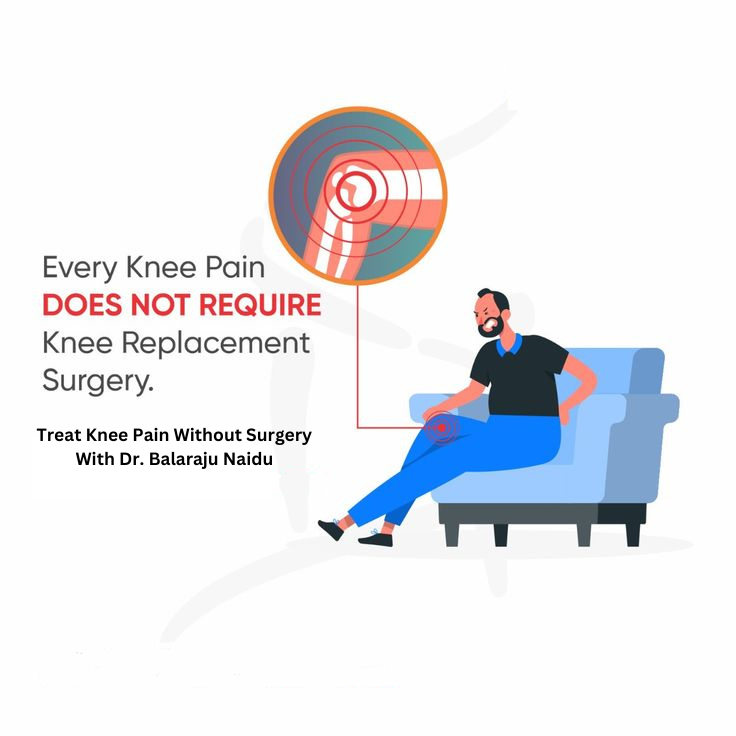When Should a Patient Go for Knee Surgery?
Knee pain is a common complaint, affecting millions of people worldwide. While there are many non-surgical treatment options available, sometimes knee surgery becomes the best course of action. But how do you know when it's time to consider surgery? Here are some key factors to consider:
The Severity of Your Pain and Stiffness:
- Constant pain: If you experience persistent pain, even at rest or while sleeping, that significantly impacts your daily activities, surgery might be an option.
- Limited mobility: Difficulty with basic movements like walking, climbing stairs, or getting up from a chair can be a sign that surgery is necessary.
- Pain-relieving medications are no longer effective: If over-the-counter pain relievers, prescription medications, or injections no longer provide adequate pain relief, surgery may be considered.
Failure of Conservative Treatments:
Before considering surgery, it's important to try non-surgical treatments like:
- Physical therapy: Exercises to strengthen the muscles around your knee and improve flexibility can significantly improve pain and function.
- Weight management: Losing weight can significantly reduce stress on your knee joint.
- Lifestyle modifications: Using supportive footwear, applying ice or heat therapy, and activity modification can all help manage pain.
If you've diligently tried these options for several months without significant improvement, surgery might be a viable next step.
Type of Knee Problem:
The specific type of knee problem can also influence the decision for surgery. Common conditions that may require surgery include:
- Severe osteoarthritis: This degenerative joint disease causes significant wear and tear of the cartilage in the knee.
- Ligament tears: A torn ACL or other knee ligament might require surgery for proper healing and stability.
- Meniscus tears: Depending on the location and size of the tear, surgery might be necessary for repair or removal.
-
Knee injuries: Fractures or other significant injuries may necessitate surgery to restore function and alignment.
KNOW MORE DETAILS ABOUT THE SURGERIES, ARTHRITIS & TREATMENT.
Your Age and Overall Health:
Younger, active individuals may benefit more from surgery to maintain an active lifestyle. However, overall health is crucial. If you have pre-existing medical conditions that could complicate surgery or hinder recovery, your doctor will carefully weigh the risks and benefits.
Making the Decision:
Ultimately, the decision for knee surgery is a collaborative one between you and your doctor. Discuss your symptoms, limitations, expectations, and medical history. Your doctor will perform a physical examination, review imaging tests like X-rays or MRIs, and discuss the various treatment options available.
BOOK AN APPOINTMENT! Don't hesitate to ask questions and express your concerns.



